Dry and Frizzy Hair: Symptoms, Causes, Treatment and Prevention
Evidence Based
All the information in this blog post is accurate, trustworthy, scientifically based and has been written and fact-checked by our experts and doctors.
Our licensed nutritionists and dietitians are committed to being objective, unbiased and honest, presenting all sides of the argument.
This article includes scientific references in brackets, which are clickable links to research papers from reputable academic organizations.

Do you find yourself battling with dry, frizzy hair day after day? Whether it’s a bad hair day or a never-ending struggle to manage your locks, you’re not alone. Dry, frizzy hair can steal your shin, but here’s the great news: understanding the causes of dryness and frizz is the first step toward healthier, smoother, and more manageable hair.
Signs and Symptoms of Dry and Frizzy Hair
Do you need clarification about whether your hair is frizzy or dry? Here are some common signs to find what’s your type:
- Rough Texture: Your hair may feel coarse and lack smoothness.
- Tangles: Frizzy hair tends to tangle easily, making it tough to brush.
- Lack of Shine: When hair is dry, it often looks dull, even after styling.
- Brittle Strands: Dry hair is prone to breakage, split ends, and “flyaways,” which make it harder to maintain a polished look.
If you notice these signs frequently, your hair requires extra care. For that, we first need to understand the causes of these symptoms.
What Causes Dry and Frizzy Hair?
Understanding the causes of dry, frizzy hair is the first step to managing it. Here are the primary factors:
1. Heat and Chemical Treatments:
Frequent use of heat styling tools (like curling irons and straighteners) can strip hair of natural moisture. Additionally, treatments like colouring, perming, or relaxing damage the hair’s protective layer, making it vulnerable to frizz and breakage.
2. Over Washing:
Washing your hair too often strips it of natural oils, leading to dryness and frizz. Sulfate-based shampoos, especially, can be harsh on the scalp and hair.
3. Environmental Stressors:
Sun, pollution, and wind can all contribute to hair dryness and frizz. UV rays from the sun weaken the hair, while pollution particles can build up on the scalp, affecting moisture levels.
4. Poor Diet and Dehydration:
Healthy hair starts from the inside. Lack of essential nutrients such as omega-3 fatty acids, vitamins A, C, and E, and proteins can result in hair that’s prone to dryness.
5. Humidity and Climate:
In humid conditions, dry hair soaks up extra moisture from the air, causing the hair shaft to swell and frizz up.
Effective Home Remedies For Dry and Frizzy Hair:
If you’re looking to avoid chemical treatments, try these simple home remedies:
1. Aloe Vera Gel:
Aloe vera is naturally moisturising and helps lock in hair’s moisture. Apply pure aloe vera gel to damp hair, let it sit for about 20 minutes, then rinse.
2. Coconut Oil Treatment:
Warm coconut oil can deeply moisturize your hair. Massage a small amount onto your scalp and hair, cover it with a shower cap, and leave it on for at least an hour (or overnight) before washing it out. Studies have shown that coconut helps by preventing protein loss in hair, deeply moisturizing, and helping in thicker hair growth.
3. Apple Cider Vinegar Rinse:
Apple cider vinegar restores the natural pH of hair and adds shine. Mix one part vinegar with two parts water and use it as a rinse after shampooing.
4. Avocado Mask:
Avocado is rich in healthy fats and nutrients. Blend one ripe avocado with a tablespoon of olive oil, apply the mixture to your hair, and leave it for 30 minutes before rinsing out.
5. Onion + Black Seed Oil:
Studies say that this combination helps to strengthen the hair strands by nourishing the scalp. The antioxidant properties of black seed soothe the scalp and help restore hair growth.
For better moisturization and healthier hair, Onion Black Seed Hair Oil from ForMen offers the perfect solution. Its nutrient-rich ingredients deeply nourish your scalp, strengthen hair strands, and effectively reduce hair fall while promoting natural growth. An ideal choice for taming dryness and frizz, it’s your go-to for soft, strong, and shiny hair.
6. Vetiver Oil:
It is known for its calming properties and ability to reduce dryness. Its antioxidant-rich composition helps protect and repair damaged hair.
Add a few drops of vetiver oil to your favorite carrier oil, such as coconut or jojoba oil. Massage it into your hair and scalp, leave it for 1-2 hours, and rinse it out.
Recent Studies show that it prevents common hair infections and aids in collagen formation.
These remedies are gentle and provide your hair with much-needed moisture and nutrients, helping to improve texture and manageability over time.
Best Treatments for Dry and Frizzy Hair:
Here are a few treatments that help with dry and frizzy hair.
1. Keratin:
Keratin is a protein that makes hair smooth and manageable. A keratin treatment reduces frizz and can last several months, but it’s essential to follow aftercare instructions for lasting results.
Study says Brazilian keratin treatments render naturally curly hair more manageable and frizz-free while enhancing color and shine, giving the hair a healthier appearance. It is widely used, and there are no reports of any adverse side effects.
2. Hot Oil Treatments:
These salon treatments use heated oils to penetrate the hair shaft, making hair smoother and shinier. Many salons offer custom blends that can target specific hair issues.
Deep Conditioning Masks: Many salons offer intensive conditioning treatments designed to add moisture to dry hair. These can help reverse some damage from heat and chemicals, making hair easier to manage.
Everyday Tips for Managing Dry and Frizzy Hair:
Managing dry and frizzy hair is all about building good daily habits. Here’s how to maintain a frizz-free look:
1. Use a Sulfate-Free Shampoo:
Look for a gentle shampoo that’s free from harsh chemicals. Washing two or three times a week can keep natural oils in place, preventing excess dryness.
2. Condition Regularly:
Conditioning is essential for locking in moisture. Choose a conditioner with natural oils or ingredients like shea butter and let it sit for a few minutes before rinsing out.
3. Leave-In Conditioner:
Adding a leave-in conditioner to your routine can help keep frizz at bay throughout the day. Apply to damp hair before styling for best results.
4. Avoid Brushing Wet Hair:
Wet hair is more susceptible to breakage. Use a wide-tooth comb instead, starting from the ends and working your way up to avoid tugging and frizz.
5. Sleep on a Silk Pillowcase:
Silk reduces friction compared to cotton, helping your hair retain its natural oils and reducing breakage.
6. Protect Hair from Heat and Sun:
Use heat-protectant sprays before styling and try to minimize exposure to direct sunlight, which can dry out your hair.
Preventing Dry and Frizzy Hair for the Long Term
Keeping your hair healthy in the long run requires a balanced approach to care and prevention. Here’s how to avoid frizz and dryness over time:
1. Stay Hydrated:
Drinking enough water each day helps keep your body and your hair hydrated. Aim for 8 glasses a day, and add extra during hot weather or after exercise.
2. Eat a Balanced Diet:
Foods rich in omega-3 fatty acids, vitamins A, C, and E, and protein support healthy hair growth and reduce dryness.
3. Trim Regularly:
Trim every 6–8 weeks to prevent split ends from moving up the hair shaft, which can make hair look dry and unhealthy.
4. Wear Protective Styles:
Consider protective styles for women like buns, and braids to protect your hair from environmental stressors and reduce daily handling.
5. Limit Chlorine Exposure:
Chlorine in pools strips moisture from hair. Before swimming, wet your hair with clean water and apply a leave-in conditioner to create a barrier.
With consistent care and these tips in mind, you can work towards hair that’s healthy, hydrated, and frizz-free.
Hair that is frizzy and dry doesn't have to be a daily battle. You may bring back your hair's natural softness and luster with the correct maintenance, nourishing treatments, and good habits. Begin your adventure now and experience bright, manageable, and silky hair every day!
FAQs:
Q) How Often Should I Wash Dry and Frizzy Hair?
A) It’s best to wash dry, frizzy hair two to three times a week to avoid stripping natural oils.
Q) Can Frizzy Hair be Genetic?
A) Yes, genetics play a role in hair texture, which can influence frizz. But proper care and hydration can make a noticeable difference.
Q) Do I Need to Avoid Heat Styling Completely?
A) Not necessarily. Just try to limit it and always use a heat protectant. Air drying is also a gentler option.
Q) What Ingredients Should I Avoid in Hair Products?
A) Avoid sulfates, alcohol, and parabens, as they can dry out your hair.
Q) Can Diet Impact Hair Health?
A) Absolutely! Nutrients in your diet play a key role in hair health. Focus on proteins, healthy fats, and vitamins to improve hair strength and moisture.
Also Read the Articles:
- What is Hair Porosity? Different Types of Hair Porosity: How to Test It?
- Top 10 Best Herbal Home Remedies for Strong and Thick Hair Growth
- Top 10 DIY Homemade Hair Masks for Hair Growth and Thickness
| *** This Article is Written by Swetha Ramala. |
Disclaimer: The information provided on this page is not a substitute for professional medical advice, diagnosis, or treatment. If you have any questions or concerns about your health, please talk to a healthcare professional.

 Evidence Based
Evidence Based

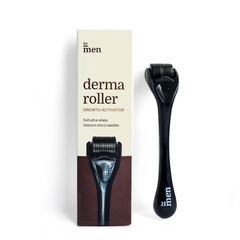
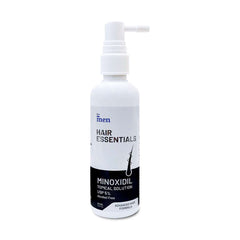


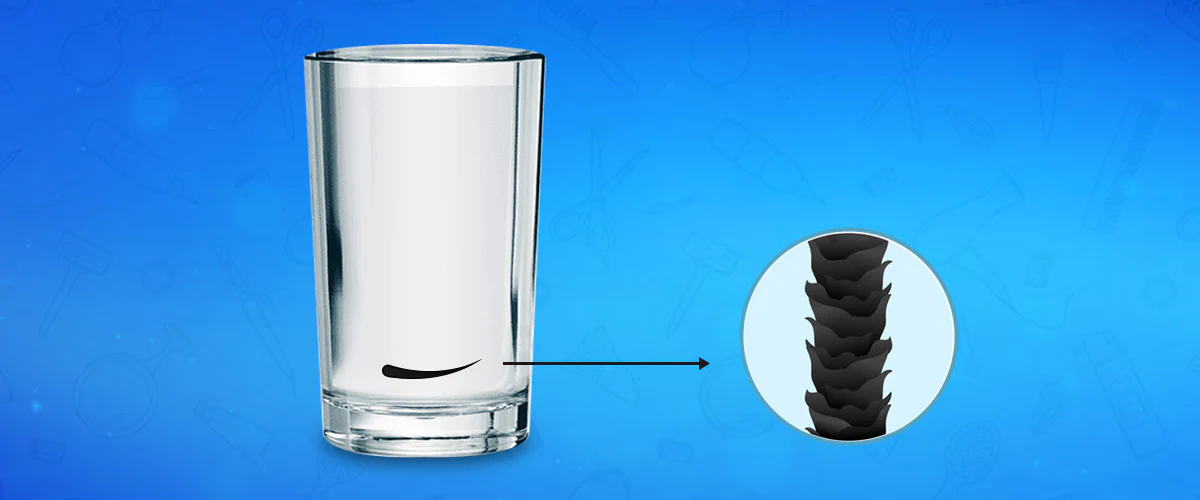
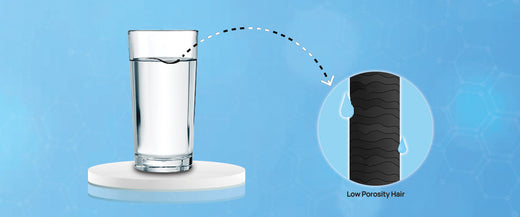
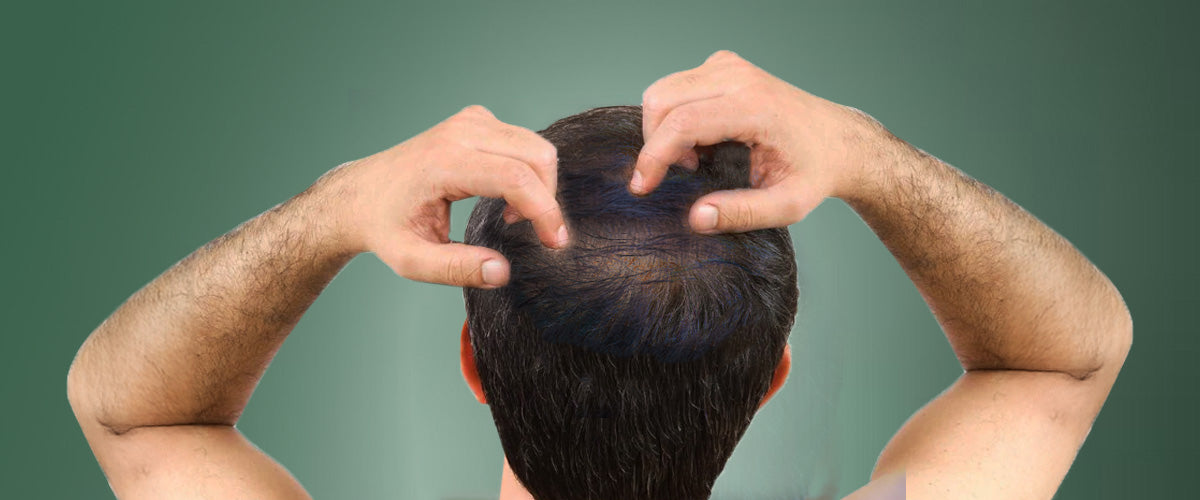
Leave a comment